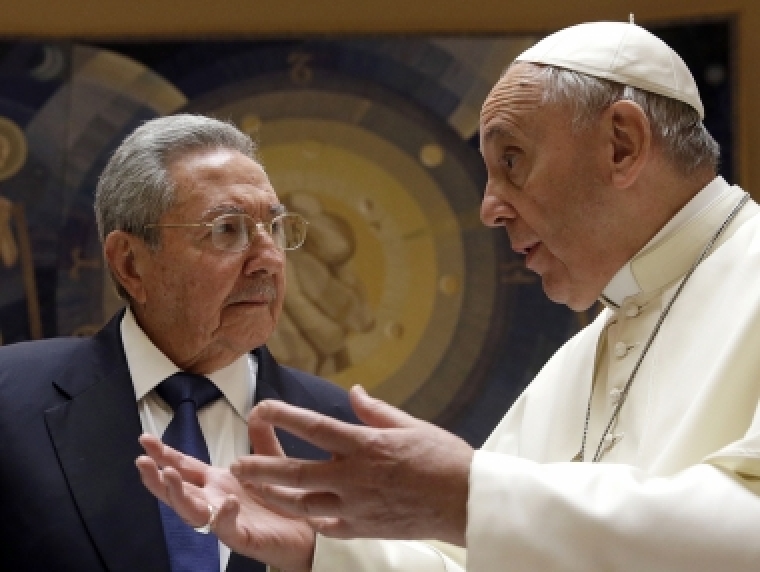

Christianity is booming in communist-ruled Cuba, and one indication of this is the continuing inflow of tens of thousands of Bibles which are distributed to the faithful in the country's more than 1,000 churches.
Last month, some 83,000 copies of the Bible poured into the country courtesy of the International Missions Board. The copies of the Bible are distributed by the Baptist Convention in Cuba.
The American Bible Society, which claims to have "strong relations with Cuban churches, both Catholic and Protestant," also started its "Million Bible Mission" last year. About 60,000 Bibles were imported and distributed to the faithful last year with the permission of the Cuban government.
"With a population of 11 million, a literacy rate of nearly 100 percent and an unprecedented growth in Christianity thanks to social, economic and political reforms, many Cubans are seeking guidance and hope found in God's Word," the American Bible Society said in a statement. "As a result of this unprecedented spiritual and cultural shift, demand for Bibles has outpaced supply. In addition, many Cubans cannot afford to import high-quality Bibles."
Bibles have been off the shelves in Cuban bookstores for more than half a century. They can only be accessed by people at churches.
Churches, in turn, depend on donations of Bibles. Church sources they have been having difficulty in meeting the demand given the increasing number of believers.
The number of traditional churches in Cuba broke the 1,000-mark this year while house churches increased to nearly 8,000.
This year also saw the restoration of relations between Cuba and the United States, brokered by Pope Francis himself, BBC wrote.
The secret negotiations, carried out in the Vatican, ended more than five decades of enmity between the two countries.
Pope Francis is set to visit Cuba on his way to the US in September.
Last March, more than 6,000 Cubans visited the first week of a 21-day exhibition in Havana showing Bible manuscripts and artefacts like the Dead Sea scrolls and Jewish Torah scrolls.
"There are some really exciting artefacts here that tell not only the history of how we got the Bible, but the impact that Spain and Latin America had on the history of the Bible," said Norman Conrad, co-curator of the Christian Heritage Museum.